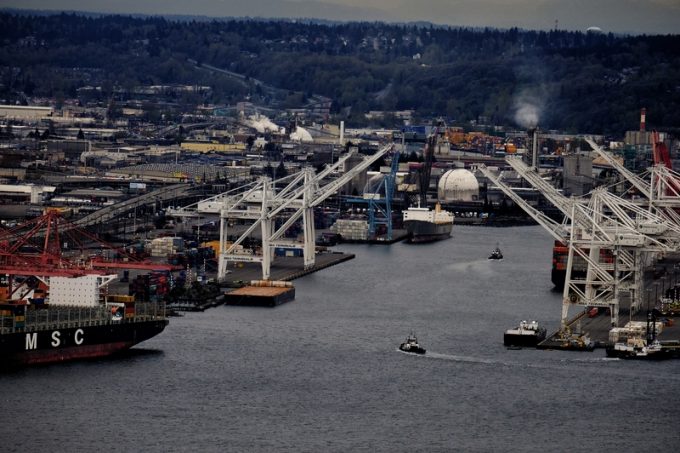MSC to launch new Oceania-US east coast Eagle service next year
Australian and New Zealand exporters to North America are set to get the second direct ...

Three shippers have filed complaints with the US Federal Maritime Commission (FMC) against container line MSC, citing grievances ranging from unfair charges to inadequate periods for container movements.
The first of the three complaints filed by MVM Logistics, which has now said it is insolvent, dates ...

Comment on this article